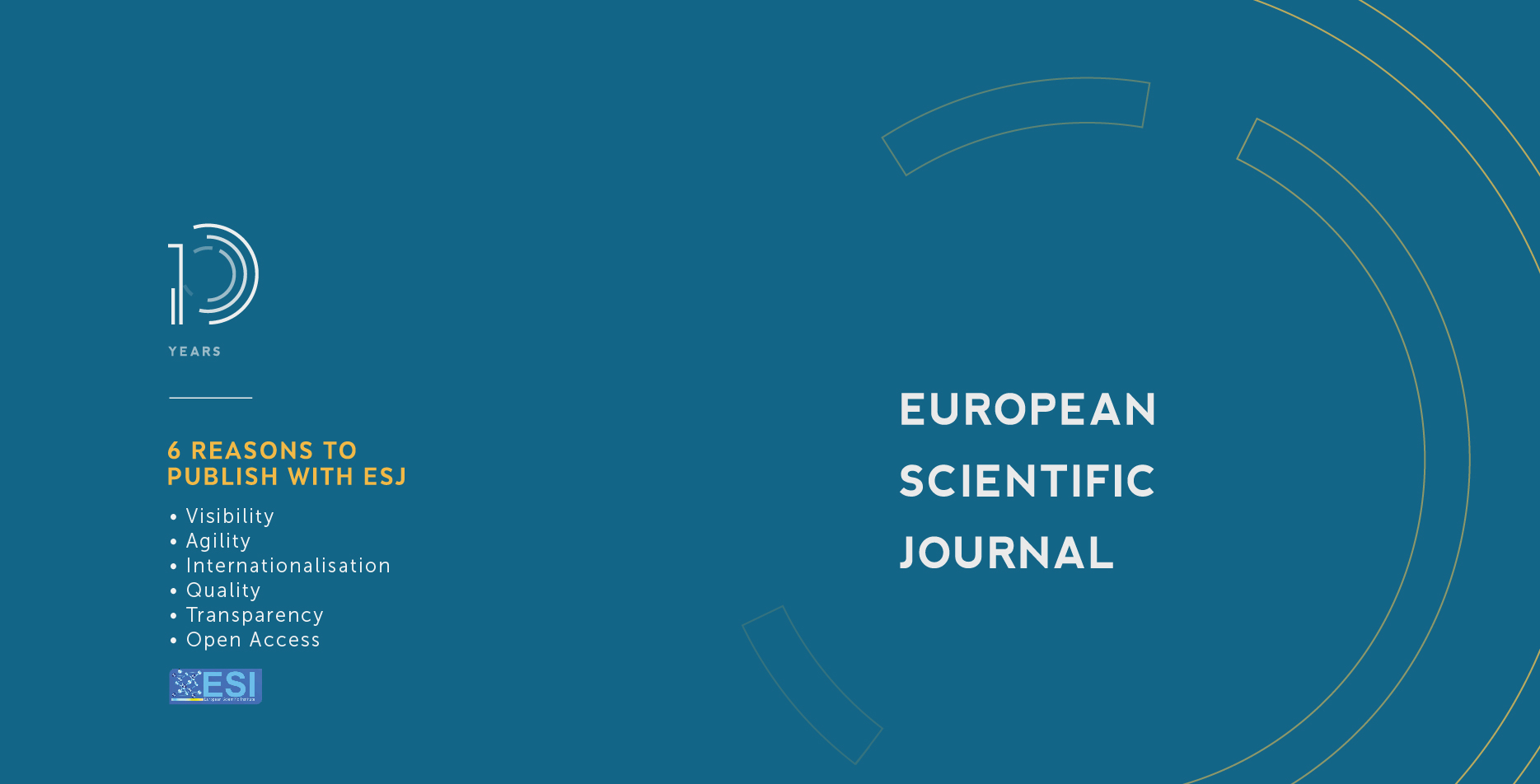The Impact of Deductive, Inductive and Mixed Methods of Instruction on EFL Students’ Public Speaking Skill (A Case of Georgian Higher Educational Institution)
Abstract
The paper aims to assess EFL students’ abilities to master public speaking skills at higher educational levels when applying different teaching approaches: inductive, deductive, and mixed (inductive & deductive) ones. Public speaking samples, namely TED talk videos, were used for observation and inspection during the teaching procedure, accompanied by various public speaking tasks and assessment rubrics that students participated in. The fortyseven video-taped public speaking performances, which were prepared and delivered by the participants, were analyzed and scored with the help of Public Speaking Competence Rubric (PSCR). The speeches were assessed by the researcher and some other expert and non-expert raters, as well as students themselves to maintain objectivity and avoid any kind of bias. Students were all informed about and taught the criteria that the PSCR involves during the studying procedure. The experiment was based on students representing B2 level of English language according to Common European Framework of Reference (CEFR) and it was carried out at one of the private HEIs in Tbilisi, Georgia. Statistical data were collected through pre, while and postexperimental tests in terms of public speaking performance and later analyzed in the SPSS program. According to the research results, TED Talk video samples have a positive impact on EFL students’ public speaking skills quality when accompanied by mixed (inductive and deductive) methodological teaching approaches. Particularly they improved their gesturing and posture, the majority of them overcame the stage fright (standing and speaking in front of an audience), their speeches became more organized.
Downloads
PlumX Statistics
Copyright (c) 2021 Ana Gadakhabadze

This work is licensed under a Creative Commons Attribution-NonCommercial-NoDerivatives 4.0 International License.








